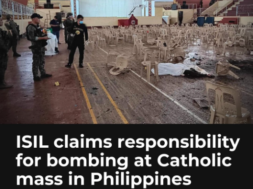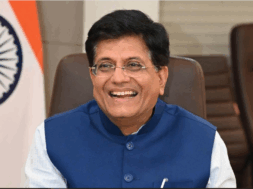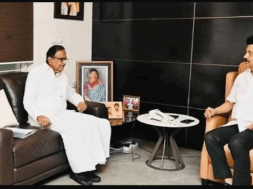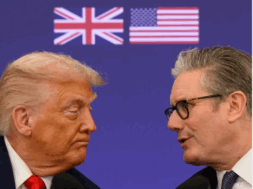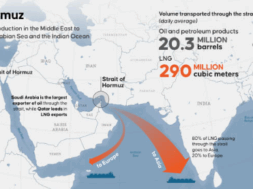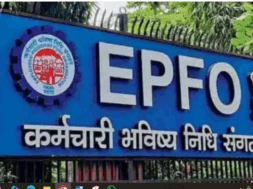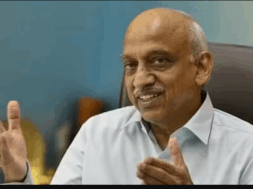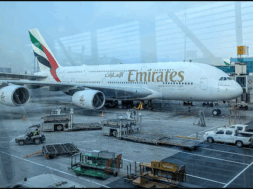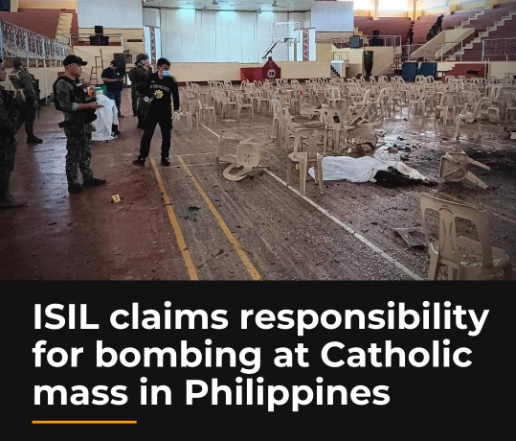
Roving Periscope: Concerns about the revival of the Christian v/s Muslim sentiments
Virendra Pandit
New Delhi: The election victory of an ‘anti-Muslim’ leader in the Netherlands in the West, and the Islamist terrorists bombing a Catholic mass service and killing four people in the Philippines in the east have reignited the fears of Christian versus Muslim sentiments, reminiscent of the post-9/11 apprehensions worldwide.
At least four people were killed and dozens of others injured in the bomb blast at Mindanao State University in the southern Philippines on Sunday. The Islamic State for Iraq and the Levant (ISIL) has claimed responsibility for the crime, the media reported on Monday.
The explosion on Sunday ripped through a gymnasium at the university, located in Marawi City, where pro-ISIL fighters led a five-month siege in 2017 that killed more than 1,000 people.
“The soldiers of the caliphate detonated an explosive device on a large gathering of Christians … in the city of Marawi,” ISIL said in a statement on Telegram.
Philippine President Ferdinand Marcos Jr earlier condemned “the senseless and most heinous acts perpetrated by foreign terrorists.”
Defense Secretary Gilberto Teodoro told a press conference there were “strong indications of a foreign element.”
The United States State Department condemned the “horrific terrorist attack” and said it stood with the Filipinos in rejecting violence.
Philippine security officials had suggested on Sunday the attack may have been retaliation for a recent military operation about 200 km from Marawi City that killed 11 Islamist rebels.
On Monday, police said they were investigating at least two people of interest over the bombing.
“In order not to preempt the investigation, we will not divulge the names,” regional police chief Allan Nobleza told GMA News.
Mindanao State University said on Sunday it was “deeply saddened” over the “senseless and horrific act” and had suspended classes until further notice.
This island in the country’s far south has for decades been racked by violence amid an insurgency by armed separatist groups.
After decades of fighting, Manila in 2014 signed a peace agreement with the Moro Islamic Liberation Front, the largest separatist group, but smaller groups have continued to carry out attacks across the island.
In November, Netherlands’s Freedom Party (PVV) leader Geert Wilders won big in the November 22 elections, raising fears of his becoming the Prime Minister. Seen as an ‘anti-Muslim’ leader, an old video of his became viral soon after the elections, in which he purportedly warned the Muslims to get out of the northern European country if they loved the Shariat laws more than the Dutch ones.
“If you want the Shariah laws and don’t respect our law and freedom of expression, go to any Islamic country,” he allegedly said.
The re-circulation of his November 2020 video was strange as Wilders was not yet elected as the PM. His party had won only 24 percent of the seats, 37 in the 150-strong Dutch Parliament, and would need support from other parties to form a government, if at all. Due to Wilders’ views, however, some parties have been hesitant to support him.
But his party’s ascendance in an otherwise ‘secular’ Europe has revived the fears of the ‘left-liberal’ ones that the Continent might slide back into the post-9/11 decades when anti-Muslim sentiments plagued Europe.
Already, major countries like France, Germany, Belgium, and Italy have seen a revival of far-right parties, particularly after the Muslims’ massive demonstrations against Israel after it started bombing the Gaza Strip in the wake of the Hamas’ invasion on October 7, 2023. These Islamist demonstrations have triggered anti-Muslim counter-consolidation of the people as well.
To contain the fallout and douse the Gaza fires from spreading to the Middle East, the West, led by the US, has been burning a lot of midnight oil. They have so far successfully secured short ceasefires and the release of over 100 of the 240-odd hostages whom Hamas had captured.
After US President Joe Biden and his Secretary of State Antony Blinken’s fervent efforts, French President Emmanuel Macron is set on a mission to the Middle East to take the ‘peace process’ further this week.
